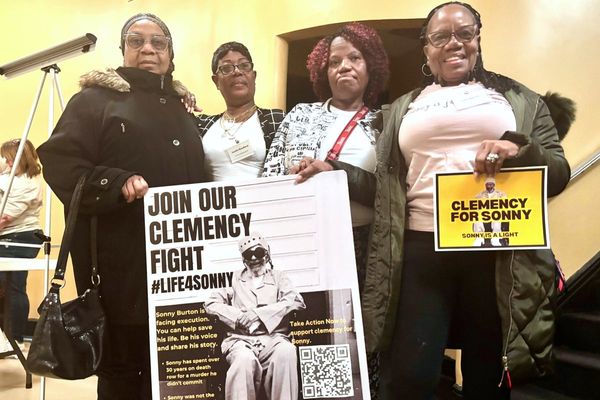
Investors struggled to assess the fallout from the second- and third-largest bank failures in U.S. history Monday. In short, bank stocks got crushed in sometimes record ways, but the overall market didn't experience the same pain due to hopes the Fed will back off its economy-crushing interest rate hikes. After the tech and startup-focused Silicon Valley Bank and the crypto-focused Signature Bank both collapsed, regional bank stocks were hit hard. The iShares US Regional Banks ETF—which, as the name suggests, tracks regional bank stocks in the U.S.—cratered over 14% on Monday, and firms based on the West Coast fared the worst. First Republic Bank saw its stock tank another 62% on Monday after last week’s 33% drop, while shares of PacWest Bancorp and Western Alliance Bancorp sank 21% and 47%, respectively. The rapid plunge of the sector led exchanges to temporarily halt trading in dozens of regional bank stocks.
Investors’ fear spread to the wider financial services sector as well. Shares of Bank of America dropped roughly 6%, while Wells Fargo was down around 7% and Charles Schwab cratered 11.5%. But the financial services sector’s pain wasn’t reflected in the overall market Monday.
The Dow Jones industrial average whipsawed to start the day, before falling 0.2%. And the S&P 500 also dropped 0.15%, while the tech-heavy Nasdaq composite jumped 0.45%.
The rise may seem unlikely after the turmoil in regional banks over the weekend, but investors are expecting recent banking instability may force the Federal Reserve to slow or even pause its interest rate hikes. For over a year now, Fed officials have been raising rates to fight stubborn inflation, and that has put pressure on stocks, especially those that rely on cheap debt to fuel their growth.
But Goldman Sachs analysts said over the weekend that they no longer expect Fed officials to raise interest rates at their March meeting because of stress in the banking sector. And some experts believe the Fed will be forced to abandon its rate hiking campaign altogether.
Jay Hatfield, CEO of Infrastructure Capital Advisors, argued that the central bank’s aggressive interest rate hikes have “created a financial panic.”
“The Fed needs to do a significant emergency rate cut to improve the profitability of banks and improve their economic capital positions. Real time inflation has been dropping rapidly…and with the looming financial crisis, the risk of a recession is much higher than the risk of moderate inflation,” he told Fortune.
It seems investors agree with Hatfield as well, as Deutsche Bank’s head of FX research, George Saravelos, explained in a Monday note.
“The market is sending a consistent message today: It fears that a U.S. recession is about to start. We are now pricing in Fed cuts rather than hikes,” he wrote.







